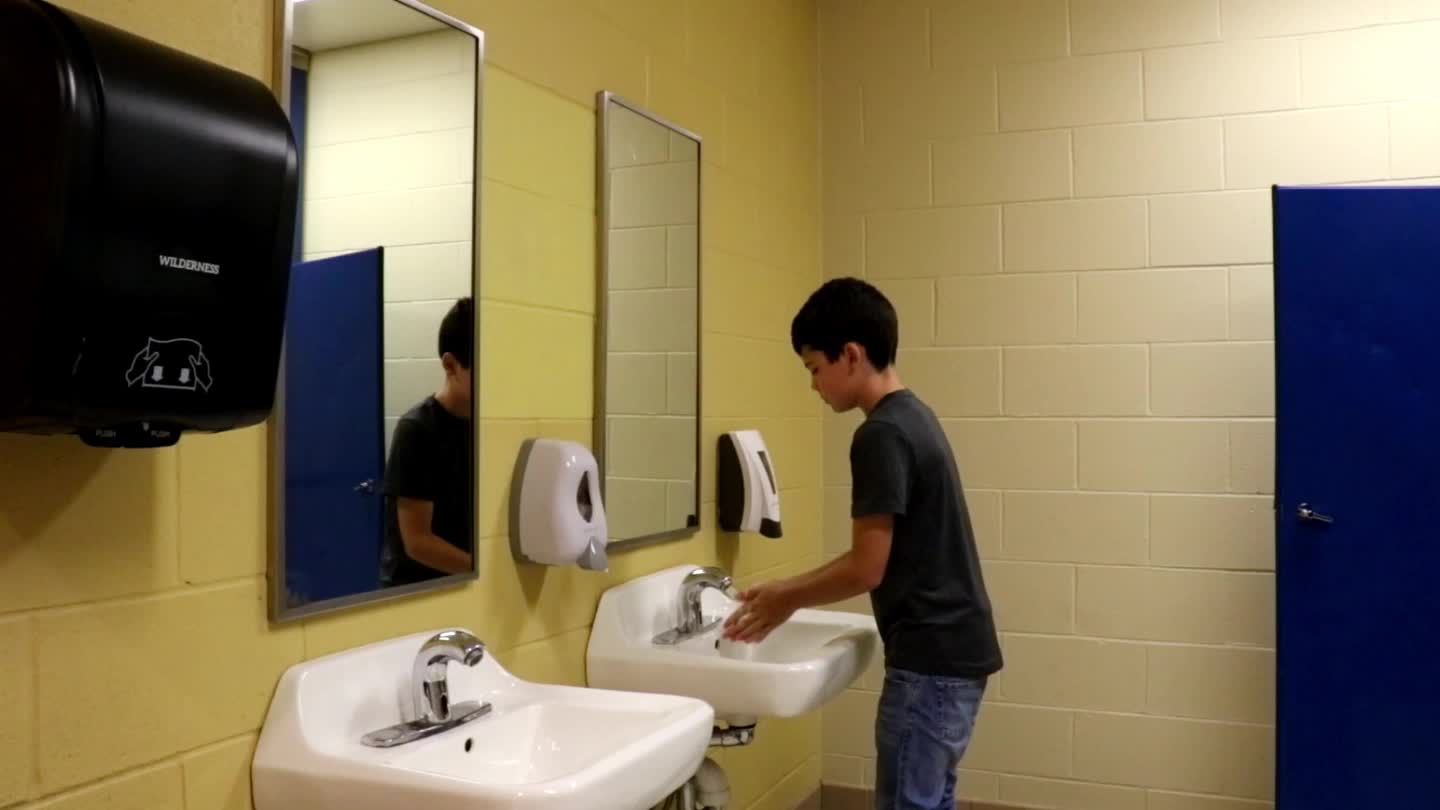Introduction
Handwashing is a crucial skill for maintaining personal hygiene and preventing the spread of germs. As educators, it’s essential to teach elementary students the importance of handwashing and the proper techniques to ensure their health and well-being. By incorporating principles of Social-Emotional Learning (SEL), we can help young learners understand the value of this essential life skill and encourage them to practice it regularly.
No-Prep Activity: The Handwashing Race
This engaging activity requires no preparation or materials from the educator and helps students practice proper handwashing techniques while having fun. Here’s how to conduct the Handwashing Race:
- Divide students into two teams and have them line up near the sinks in the classroom or bathroom.
- Explain the proper handwashing steps, as demonstrated by Connor: Warm water, enough soap, rubbing hands together for 30 seconds, turning the water off, and drying hands.
- On your signal, the first student from each team begins washing their hands while following the proper steps.
- Once the first student completes handwashing, the next student in line starts the process. This continues until all team members have washed their hands.
- The first team to finish handwashing with all members following the correct steps wins the race.
This activity promotes teamwork and allows students to practice their handwashing skills in a fun and engaging way.
Discussion Questions
Use these questions to stimulate further discussions about handwashing and its importance:
- Why is it essential to wash our hands with warm water and soap?
- How does rubbing our hands together for at least 30 seconds help remove germs?
- Can you think of situations when it’s especially important to wash our hands? Why?
- How can we remind ourselves and our friends to wash our hands regularly?
- What are some consequences of not washing our hands properly?
Related Skills
Besides handwashing, there are other relevant skills for students to learn and practice. Some of these include:
- Personal hygiene: Teaching students about the importance of maintaining personal hygiene, including showering, brushing teeth, and using deodorant.
- Healthy habits: Encouraging students to develop healthy habits such as regular exercise, proper nutrition, and getting enough sleep.
- Responsible decision-making: Helping students understand the consequences of their actions and make responsible choices, including practicing good hygiene and staying healthy.
- Empathy and consideration: Teaching students to be mindful of others’ well-being and how our actions, such as handwashing, can impact those around us.
Next Steps
To further support your students in learning essential skills like handwashing and other hygiene practices, we invite you to sign up for free samples of our skill-based materials. These resources offer engaging activities and discussions to help students develop a strong foundation in social-emotional learning and healthy habits. Don’t miss out on this opportunity to enhance your students’ learning experience!






